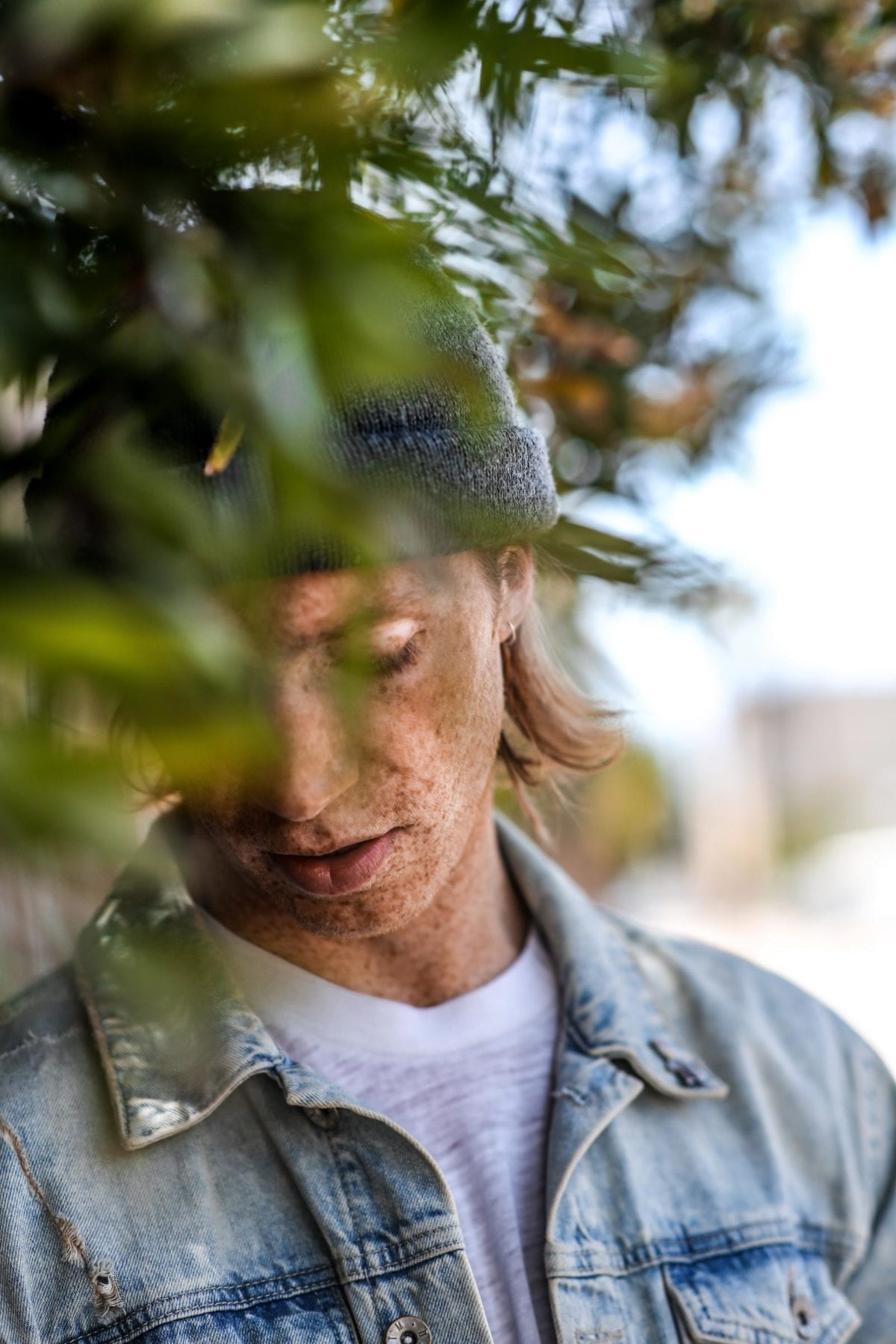Heroin is an illegal opioid, derived from morphine that is either smoked or injected through the skin. This lethal and very addictive opioid can result in death within minutes of use. Because heroin is illegal, it can land you in trouble with the law, and can take a heavy toll on your personal and professional life. It can also cause severe harm to your mental and physical health. Opioids are generally used to relieve pain, but they have high addiction potential. Common prescription opioids include morphine, Lortab, and Percocet. You may turn to heroin after becoming addicted to opioid prescription painkillers for two reasons:
- If you have had a painful surgery or accident and required prescription opioids to ease the pain, this could have spiraled into an opioid use disorder. Once the prescription painkillers can no longer be filled, you may turn to purchase heroin to feed your opioid use disorder.
- Over time, a tolerance to prescription opioids develops and you may no longer feel the euphoric effects. As a result, you may turn to heroin.
Heroin is sold illegally on the street under common names such as chasing the dragon, China white, junk, smack and H. Heroin is one of the most addictive drugs because it produces a sensation of euphoria and also leads to severe withdrawal symptoms if stopped.
Heroin Addiction Statistics
- In 2018, the National Survey on Drug Use and Health (NSDUH) reported that 354,000 people in the United States (12 years old or older) reported using heroin.
- According to the Centers for Disease Control and Prevention (CDC), in 2015 there were 81,326 emergency department visits occurred for unintentional, heroin-related poisonings in the United States.
- Among new heroin users from 2000 to 2013, approximately three out of four reported having misused prescription opioids before using heroin, according to the National Institute on Drug Abuse.
- Heroin-related overdose deaths increased nearly five times from 2010 to 2017, according to the CDC.
Risk Factors for Heroin Addiction
- Prescription pill misuse
- Severe, untreated pain
- Younger age (18 to 25 years old)
- Male gender
- Caucasian race
- Untreated mental health disorders
Signs and Symptoms of Heroin Addiction
- Anxiety
- Mood swings
- Hostility toward others
- Agitation and irritability
- Lying about drug use
- Avoiding loved ones
- Weight loss
- Fatigue
- Scabs or bruises from skin picking
- Delusions
- Disorientation
- Hallucinations
- Financial troubles
- Relationship turmoil
- Illegal activity
- Paranoia
- Decreased attention to personal hygiene
- Periods of hyperactivity followed by periods of exhaustion
- Inability to fulfill work or school responsibilities
- Apathy and lack of motivation
- A decline in occupational or academic performance
- Heroin cravings

Signs and Symptoms of Heroin Toxicity
- Excessive drowsiness
- Pinpoint pupils (meiosis)
- Confusion
- Slurred speech
- Constipation
- Respiratory depression (shallow and short breathing)
- Track marks on skin or fresh puncture wounds
- Weight loss
- Mood swings
- Frequent nose bleeds (if heroin is snorted)

Heroin Addiction Withdrawal
Severe physical side effects can occur during heroin and opioid withdrawal. These withdrawal symptoms are one of the main reasons why quitting heroin cold turkey is nearly impossible. Major withdrawal symptoms are at the highest between 24–48 hours after the last dose of heroin and subside after about a week. Although heroin withdrawal is not life-threatening, medications are usually administered to alleviate the painful withdrawal symptoms. These medications also help prevent future cravings.

Signs and Symptoms of Heroin Addiction Withdrawal
- Nausea/vomiting
- Muscle aches
- Bone pain
- Severe sweating
- Agitation
- Restlessness
- Diarrhea
- Excessive tearing and runny nose (lacrimation and rhinorrhea)
- Shivering
- Abdominal pain
Seeking Help for Heroin Addiction
Heroin addiction is life-threatening. Heroin can cost you your job, family and financial success. If you are abusing heroin, you may be in denial. Family and friends are usually the first ones to notice your opioid use disorder patterns and will often be the ones who help you seek professional treatment. These are signs that you should seek treatment for your heroin addiction:
- Bloodborne disease from intravenous drug use
- Tolerance
- Withdrawals
- Hiding your heroin use disorder from friends, coworkers or family
- Engaging in illegal activity
- Academic decline/poor work performance
- Sleep disturbance
- Weight loss
- Cravings for heroin
- Violent behavior
- Strained/broken relationships
Medication-Assisted Treatment for Heroin Addiction
Medication-assisted treatment (MAT) is the use of medications in addition to counseling and behavioral therapies to treat substance use disorders. MAT is primarily used to treat opioid addiction and alcohol addiction. Regardless of how or why you became addicted to heroin, MAT combined with psychotherapy is the first-line treatment for heroin use disorder. MAT is known to decrease heroin use, heroin-related overdose deaths, criminal activity and infectious diseases. MAT also improves social functioning and treatment retention rates. Buprenorphine and naltrexone are the three FDA-approved medications to help alleviate heroin withdrawal symptoms.
Medications Used to Treat Heroin Addiction
- Naltrexone (Vivitrol)
- Bunavail (buprenorphine and naloxone) buccal film
- Cassipa (buprenorphine and naloxone) sublingual film
- Probuphine (buprenorphine) implant for subdermal administration
- Sublocade (buprenorphine extended‐release) injection for subcutaneous use
- Suboxone (buprenorphine and naloxone) sublingual film for sublingual or buccal use, or sublingual tablet
- Subutex (buprenorphine) sublingual tablet
- Zubsolv (buprenorphine and naloxone) sublingual tablets
In addition to addressing the physical consequences of heroin addiction, it’s important to get therapeutic support. Psychotherapy helps to uncover the underlying triggers, thoughts and negative emotions associated with heroin use disorder and help you develop healthy coping skills to deal with these triggers in the future. Cognitive behavioral therapy (CBT), interpersonal therapy and dialectical behavior therapy (DBT) are three types of behavioral therapy that can be used to help treat heroin addiction.
